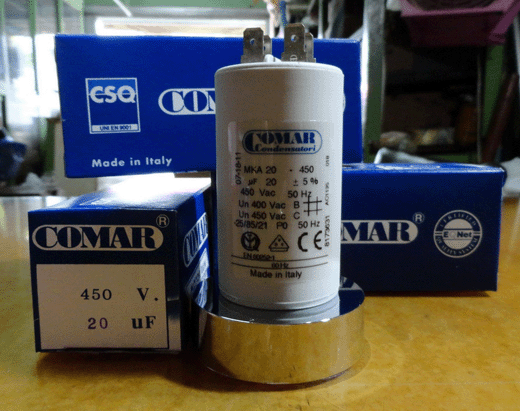Why my run capacitor not work?

The answer may be simple, but depending on how close to the design life of the run capacitor, it may also be difficult to nail it down to a single factor.
Time – All capacitors have a design life. Several factors may be interchanged or combined to increase or reduce the life of a run capacitor, but once the design life is exceeded, the internals may begin to more rapidly decay and drop in performance. Simply put, a failure may be attributed to being “just old.”
Heat – Exceeding the design limit of operating temperature can have a big effect on run capacitor life expectancy. In general, motors that are operated in hot environments or with little ventilation will experience a dramatically reduced lifespan on their run capacitor. The same can be caused by radiated heat from a generally hot running motor, which causes the capacitor to run hot. In general, if you can keep your run capacitor cool, it will last a lot longer.
Current – Motor failure causes the capacitor to overload. This scenario is less commonly noticed, as it would usually would be accompanied by a partial or complete failure of the motor. The motor is overloaded or has a failure in the windings, causing the current to climb. This can have an effect on the capacitor.
Voltage – This single factor can have an exponential effect in shortening design life. A run capacitor will have a marked voltage rating not to be exceeded. Lets use 440 volts as an example. At 450 volts, the life may be reduced by 20%. At 460 volts, the life may be reduced by 50%. At 470 volts, there is a 75% life reduction, and so on. The same can be applied in reverse to help increase life by using a capacitor with a voltage rating significantly higher then needed, although to a lesser dramatic degree.
Tags: motor run capacitor


